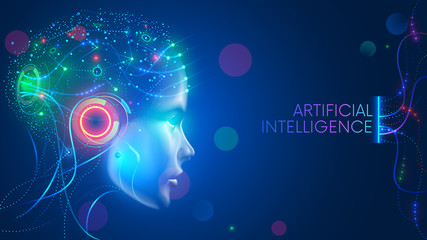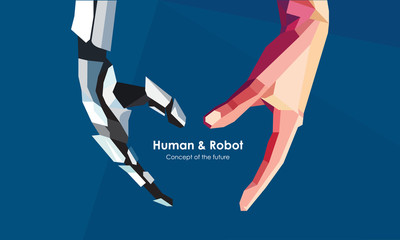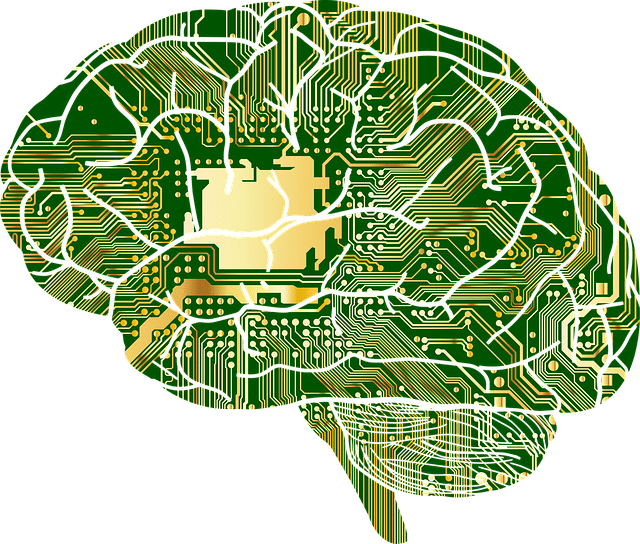


“Change is the only constant” this five-word adage hides behind it a lot more meaning.
Flashback to the early part of the 20th century, people waited eagerly for letters from their loved ones to know exactly how they were faring. The letters brought an array of news, sometimes happy tidings, sometimes news of grief, but the main problem is that by the time the news arrived, it has most of the time become obsolete. But the biggest trouble happened when we did not even get the news because the letter was lost midway.
Come the 21st century, one click and a single piece of news can reach millions in the blink of an eye. A mere six-inch screen literally brings the world at your fingertips; and even if miles apart, you can easily see your loved ones and talk to them. That’s the power growing technology unleashes. Humans have come a long way, from the people who hunted to survive to the people living in high rising buildings, all the progress has taken many years to occur but technology has played a crucial role in this development.
Today the expanding new era is stealing a look through our horizon, emanating powerful beams of a promising future – “Artificial Intelligence” is one such technology whose talks are doing the round. First off we need to understand the concept of Artificial Intelligence before delving any further on the topic. Artificial Intelligence or AI is simply the capability by which smart machines exhibit ‘cognitive’ or ‘sensory’ functions that humans are intrinsically born with. Identifying a predicament, endeavors at solving it are the landmarks our scientists have achieved along the way.
The idea and concept of AI germinated in the 1950s but at that time it was mostly theoretical and less practical in approach. But on entering the era of the Fourth Industrial Revolution, we find a graphical rise of AI which is slowly covering all the areas of human life. Today smartphones come inbuilt with technologies like Alexa or Siri assistance, we already have driverless trains and metros and we are testing self- driven cars. From banking to medical to online customer care, AI has found its foothold in many sectors. Even in our daily lives, applications like GPS, security, surveillance devices, or smart home devices all have AI as an important component.
It has been an amazing journey for next-generation technology in Artificial Intelligence (AI) but it does have its drawbacks too. As Stephen Hawking warned us-
Success in creating AI would be the biggest event in human history. Unfortunately, it might also be the last, unless we learn how to avoid the risks.
How would ushering AI contribute to risks in our life?
The risk here is a threat of a jobless future especially with India being the country with the second-largest population. Another important thing to look into is that people are unsure. According to an article published in Forbes, nearly 47 percent of jobs that fall in the “high risk” category are most susceptible to the phenomenon of “automation”. Now if AI arrives at the horizon, people face ambiguity over the scope of retaining their job and in turn create uncertainty for the future generation when we talk in terms of jobs.
This moment of hesitation or doubt that clouds over the use of AI are not something new. In the 1980s too similar confusion gripped the masses when computers emerged in the technological world. But today people have not only accepted computers in their lives but computers have opened new career opportunities that were unimaginable in the past.



Can Artificial Intelligence be key to better job opportunities?
A specialty of human beings is that we can adapt, and adapt quickly to the changed situations that’s why our species has been able to survive on this planet through centuries on end. The important component of this survival spree is the constant up-skilling. Humans have worried constantly that progress in technology would create a world without work, and that’s never proved true. For instance, ATMs did not immediately decrease the number of bank tellers. If we introspect a bit, ATMs actually led to more teller jobs since consumers, enticed by the handiness of cash machines, began visiting banks more often. Banks opened more branches and engaged people to handle tasks that are beyond the capacity of ATMs.
A study conducted by Professor Ken Goldberg of UC Berkeley along with Vinod Kumar, CEO and Managing Director at Tata Communications in September 2018, released at London, identified as to how AI can help diversify human thinking, instead of replacing it.
Tata Communications confirmed that the highlight of the study showed that nine out of ten leaders agreed that cognitive intelligence is vital to management and decision-making. They even believed that AI will enhance resolution making capacity. Moreover, three out of four leaders expected AI to craft new roles for their employees. With constant re-skilling and up-skilling, AI can open the door to a plethora of job opportunities; many of those prospects maybe even unheard of at present. We should cross the bridge when we get to it; premature debate on something unpredictable can do more harm than good.
Conclusion:
AI is a new technology and if many job prospects might disappear but it will open a variety of new opportunities, the only thing needed from our side is that of up-gradation. The one thing that is to be always kept in mind is that technology is a tool that we created; however powerful technology may become, it cannot surpass a human brain. Even to control and operate AI, human presence would be needed hence we should worry less and embrace more as development is the way to go forward. However developed technology gets, it can never replace the human touch and presence. The only effort that’s required from our side is to up-skill and upgrade our potential.
BY-
MOBANI BISWAS
UTTAR PRADESH, INDIA.










